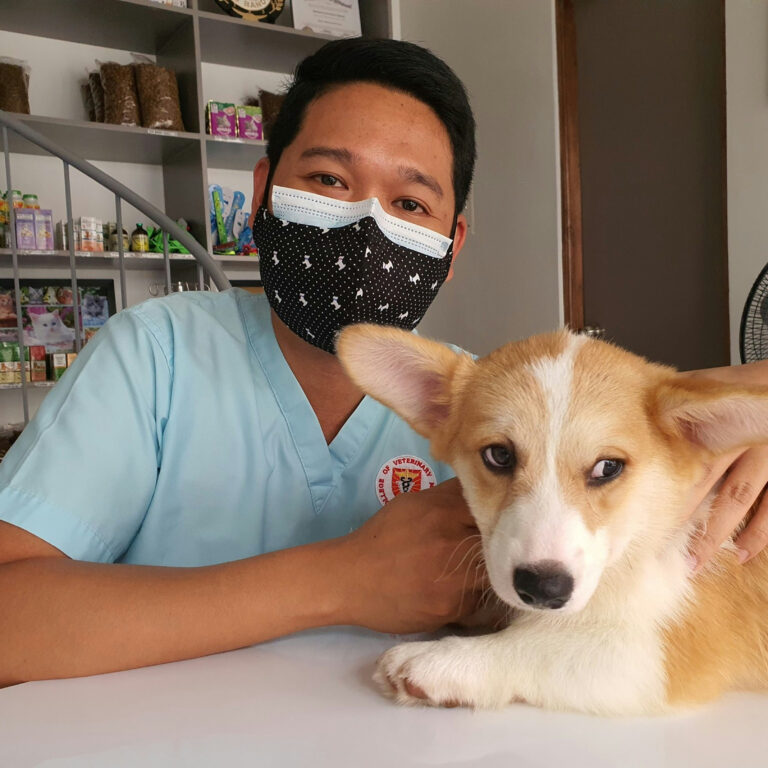Mastering the Art of Multi-Dog Harmony: Essential Tips for a Balanced Home
Mastering the Art of Multi-Dog Harmony: Essential Tips for a Balanced Home
Discover effective strategies for managing multiple dogs in your home, ensuring harmony and balance among your furry companions.

Introduction to Multi-Dog Households: Navigating the Challenges
Understanding the Dynamics
Living with multiple dogs can be an incredibly rewarding experience, but it also comes with unique challenges. Dogs are inherently pack animals with a natural propensity for social harmony; however, individual breed traits and personalities can significantly influence group dynamics. Successfully managing a multi-dog household involves establishing a consistent routine for feeding, exercise, and training, which can help ease anxiety and promote stability within the pack. Establishing a benevolent leadership role is crucial for maintaining order and ensuring that conflicts are minimized.
Conflicts among dogs often arise during high-stress scenarios such as feeding time, greetings, and playtime. Therefore, having effective management strategies is essential to maintaining peace in the household. Understanding each dog’s personality and behavioral tendencies can aid in developing strategies for compatibility and reducing tension. For example, a household with a playful Labrador and a more reserved Shiba Inu might require different approaches to ensure both dogs are comfortable and happy.
Establishing a Routine
Feeding and Exercise
Creating a structured routine for feeding and exercise is essential in a multi-dog household to prevent competition and resource guarding. Feeding dogs separately can help each dog feel secure during meal times, reducing the chances of conflict. Regular exercise is another critical component, as it helps burn off excess energy and stress, contributing to a more harmonious living environment. For instance, setting a daily routine that includes a morning jog with each dog individually can promote better behavior and a balanced household.
Implementing structured playtimes is also beneficial to maintain balance and prevent over-excitement. Structured play can help manage energy levels and ensure that playtime does not escalate into conflict. Consistent potty breaks not only help avoid accidents but also contribute to a clean environment, reducing stress among the dogs. Additionally, scheduling regular vet check-ups for each dog is vital to monitor their health and address any underlying issues that might affect behavior.
Introducing New Dogs
 Strategies for Success
Strategies for Success
Introducing a new dog to your existing pack can be a delicate process that requires strategic planning. Gradual introductions are key to reducing stress and aggression. For instance, introducing a new dog in a neutral location can help ease initial tensions. During these first interactions, closely monitoring the dogs and separating them during high-stress activities can prevent conflicts.
Individual training sessions with the new dog can help them adapt to household rules and routines, making the transition smoother. Using scent swapping techniques, such as exchanging bedding, can familiarize dogs with each other’s scents, helping to reduce anxiety. During the introduction phase, providing positive reinforcement by rewarding good behavior can create a positive association with the new dog, encouraging a smoother integration.
Understanding Dog Behavior
 Socialization and Training
Socialization and Training
Training and socialization are crucial elements in maintaining harmony among multiple dogs. Training dogs individually is generally more effective than group sessions, as it prevents confusion and ensures each dog can focus on learning without distractions. Socialization plays a vital role in preventing behavioral issues and ensures that the dogs coexist peacefully.
Utilizing impulse control cues like “Wait,” “Stay,” and “Get Back” can help manage competition over resources and maintain order during interactions. Recognizing body language signals is essential in identifying stress or discomfort among the dogs, allowing for timely interventions to prevent conflicts. Engaging in group training sessions occasionally can reinforce social skills and improve interactions among the dogs, fostering a more cohesive group.
Creating Separate Spaces
Managing Conflicts
Providing private areas for each dog is vital in managing conflicts and ensuring personal space in a multi-dog household. Designating spaces such as crates or separate rooms can help reduce tension, offering each dog a retreat when needed. Utilizing tethers, crates, and baby gates can also be effective in separating dogs during conflicts or high-stress situations.
Regular veterinary check-ups can identify any medical issues that might contribute to aggressive behavior, allowing for appropriate interventions. Creating a designated quiet zone for dogs needing rest or recovery from stress or illness can prevent them from feeling overwhelmed. Implementing rotating schedules for shared spaces and resources can also minimize territorial disputes, contributing to a peaceful environment.
 Training and Socialization Benefits
Training and Socialization Benefits
Strengthening Bonds
Training and socialization not only improve behavior but also strengthen the bonds between dogs and their owners. Dogs often learn from each other, which can aid in socialization and training within a multi-dog environment. Training all dogs to respond to calm cues is crucial for effective intervention during conflicts, helping to maintain harmony.
Consider professional training programs, such as those offered by Dayton Off Leash K9 Dog Training, to enhance obedience and strengthen the owner-dog bond. Consistent training fosters trust and respect, leading to a more balanced household. Engaging in fun, interactive training activities can also strengthen the relationship between dogs and their owners while promoting teamwork.
Effective Strategies for Long-Term Success
 Maintaining Harmony
Maintaining Harmony
Maintaining harmony in a multi-dog household requires ongoing assessment of the dynamics among the dogs to identify any changes or emerging issues. Encouraging positive interactions through supervised playdates with other dogs can enhance social skills and strengthen relationships. Developing a strong support network with fellow dog owners allows for sharing tips and experiences related to multi-dog management, providing valuable insights and support.
 Call to Action: Expert Help for Your Multi-Dog Household
Call to Action: Expert Help for Your Multi-Dog Household
Achieving balance in a multi-dog household requires understanding, routine, and effective management. For expert guidance and proven training methods, consider reaching out to Dayton Off Leash K9 Dog Training. Their expertise in dog behavior and training can help you create a harmonious home for your multi-dog family. Visit Dayton Off Leash K9 Dog Training for more information and to schedule a consultation.
Would you like a certified trainer to contact you?


 Strategies for Success
Strategies for Success Socialization and Training
Socialization and Training Training and Socialization Benefits
Training and Socialization Benefits Maintaining Harmony
Maintaining Harmony Call to Action: Expert Help for Your Multi-Dog Household
Call to Action: Expert Help for Your Multi-Dog Household





